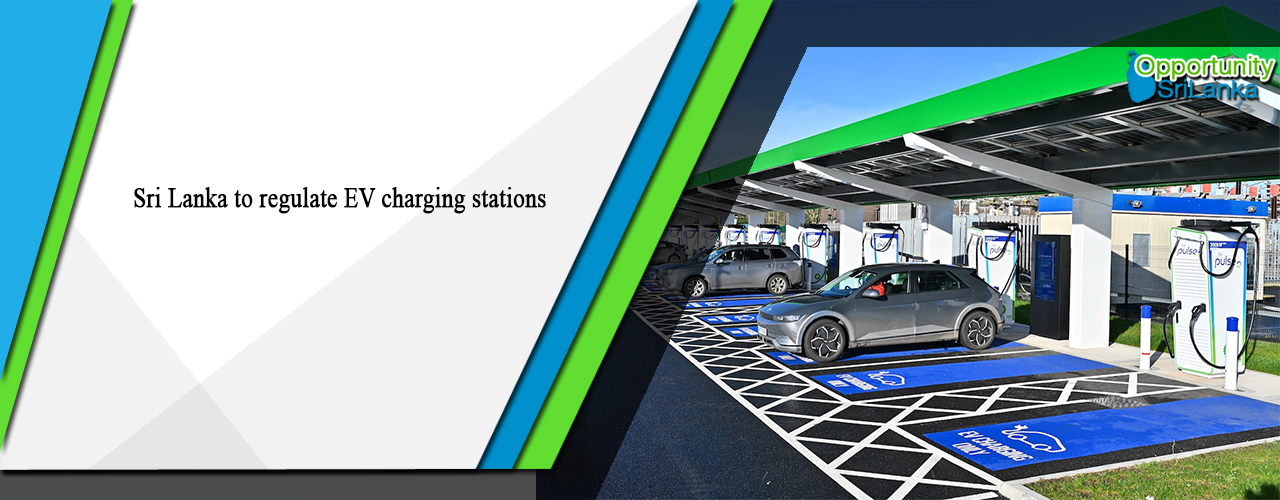Sri Lanka to regulate EV charging stations
he Morning: The Government has commenced the process of drafting regulations to govern the establishment and operation of electric charging stations as part of its efforts to develop the Electric Vehicle (EV) infrastructure.
Speaking to The Sunday Morning Business, Sri Lanka Sustainable Energy Authority (SLSEA) Director General H.K. Wickramasinghe revealed that at present, the establishment and operation of electric charging stations in the country was not regulated.
He added that they had therefore commenced the process of drafting regulations to regulate the industry.
“The regulations will cover how electric charging stations should operate and how to protect the rights of the customers,” he stated.
Wickramasinghe further admitted that no clear decision had been made yet on whether the Government would adopt hard or soft regulations to govern the electric charging station industry.
He added that due to the unregulated nature of the industry, they did not have an exact count of the total number of electric charging stations in the country. However, he noted that based on data from various portals, such as chargeNET, they estimated that there were approximately 200 electric charging stations islandwide.
Speaking to The Sunday Morning in August, Solar Industries Association (SIA) President Kushan Jayasuriya stated that one of the pressing issues with regard to EV infrastructure in the country was the lack of a dedicated pricing structure for EV charging stations.
He pointed out that at present, these stations do not fall under any specific electricity tariff category.
He added: “Currently, Sri Lanka operates on a levelised electricity tariff, meaning consumers pay the same rate regardless of the time of day. This system needs to evolve.”
“A system with a Time-of-Use (TOU) tariff structure that would offer lower electricity rates during off-peak hours and periods of renewable energy surplus should be implemented. Such pricing mechanisms could shift consumer behaviour and reduce nighttime charging, which is more expensive and environmentally burdensome due to the reliance on thermal generation.
“Nonetheless, implementing such a system would require significant metering upgrades and regulatory changes, costs that could potentially be passed on to consumers,” he said.
OSL take:
Sri Lanka’s commitment to sustainable and clean energy has presented many business/investment opportunities, especially in the country’s energy industry. These opportunities are manifold and cover many sectors related to the energy industry as well. The move to promote clean and sustainable energy and the overall expansion as a result in the energy industry is visible by projects to streamline electric charging stations as part of its efforts to develop the EV infrastructure. Projects such as these have opened a host of new business/investment opportunities for businesses/investors on the lookout for lucrative business ventures in Sri Lanka. Foreign businesses/investors could also look at engaging in these projects by forming partnerships or joint ventures with local businesses. The growth, profits as well as expansion recorded by businesses already engaged in clean and sustainable energy solutions and the increased interest shown by foreign businesses/investors in these opportunities indicate the growing business potential in Sri Lanka’s energy industry and related sectors. With Sri Lanka on the path to becoming a hub in the South Asian region and the overall expansion in key economic sectors including the energy industry, foreign businesses/investors could confidently explore the growing business/investment opportunities in the energy industry and related sectors.
| Article Code : | VBS/AT/20251024/Z_2 |

